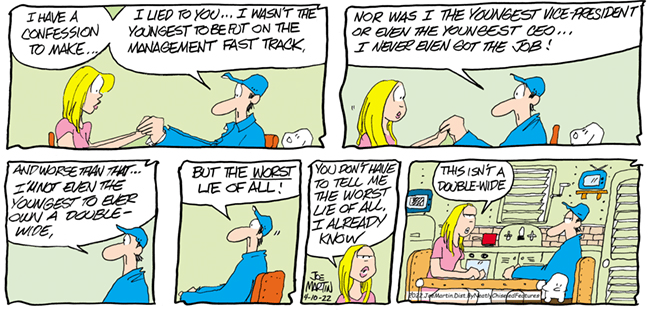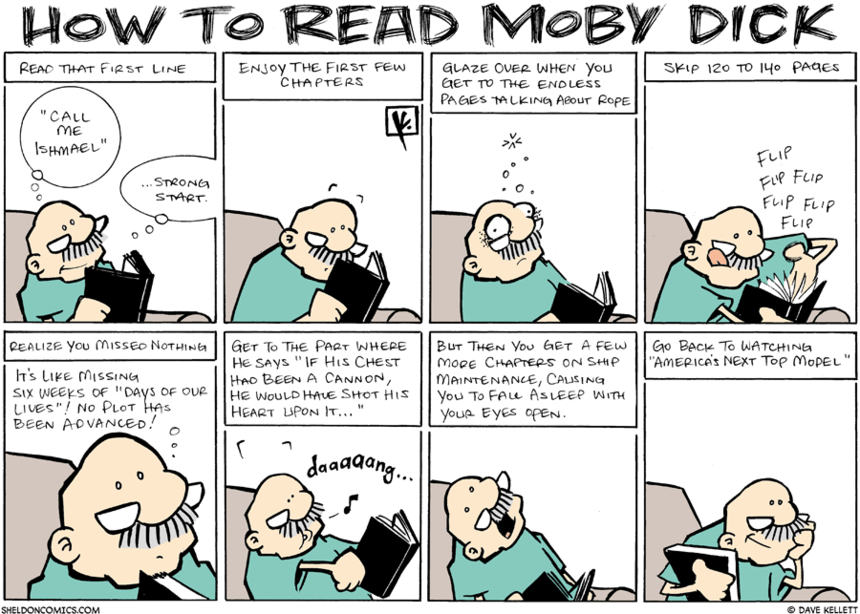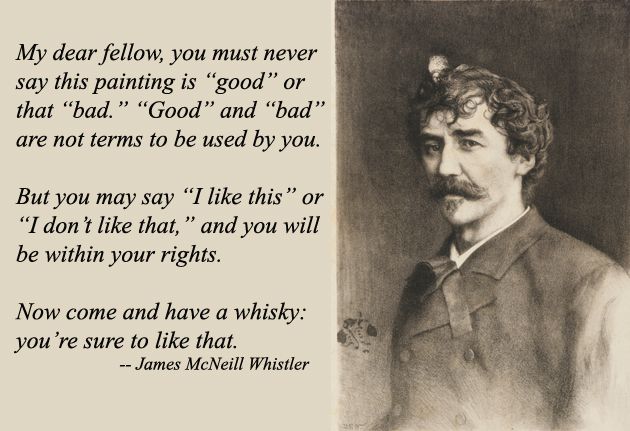
There comes a time when each man must come to grips with the truth, though, as shown in Mr. Boffo, it may turn out that nobody was fooled in the first place.
Framed here in Joe Martin’s “How dumb can you get?” style, it’s funny, but if you overthink it — and I’m a champion at overthinking — it has all sorts of wider applications.
For instance, while many LBGTQ+ people have horror stories of coming out to their families, a lot report more or less the same response as in the cartoon, but mixed with relief that we can finally discuss what we pretty much already knew, or at least suspected.
But those aren’t the experiences that make for good stories, and there is the opposite phenomenon: Denying the screamingly obvious because your peace of mind relies, for instance, on believing that your spouse has been working late, apparently in a perfume factory.
While on the national level, about half the folks in Georgia apparently believe that Herschel Walker is a gentle soul who graduated at the top of his college class, despite clear evidence to the contrary, including his own admissions. They’re hoping to put him in the US Senate, the way they elevated Wharton’s honor graduate to the Presidency.
As the Rock Man said, “You see what you want to see and you hear what you want to hear.”
Also “You gotta open your mind as well as your eyes,” which is clearly a whole lot easier said than done.

Anyone can play. Sarah Palin has announced a run for Congress, which Clay Bennett (CTFP) greeted with the old saying about bad pennies turning up again.
The saying, I suppose, dates from a time when pennies were worth enough to be divided into “good” and “bad.” The only bad pennies today are ones that won’t go through the Coinstar machine at the grocery store, but, then, Sarah Palin dates from a time when Congress didn’t already contain Lauren Boebert, Marjorie Taylor Green, Madison Cawthorn and so forth and so on.
But, like Dan Quayle and Al Gore, she suffers from a case of the things she did say being confused with the things people claimed she said.
As Yogi put it, “Half the things I said, I never said.”
At the top of the list:
Juxtaposition of the Day


Ohman makes a point, in that having Trump’s support is a dubious achievement, since his record for loyalty to America and for boosting favorites have each become a bit tarnished lately.
Sutton is less specific in how Putin should greet the prospect of a Palin victory, given that he seems to have been happy enough with Trump’s tenure in the White House.
But both rely on the famous “I can see Russia from my porch,” which she never said.
What she said was that there were places in Alaska — of which she was governor at the time — from which you could see Russia.

Obviously, not from Wasilla, which is near Anchorage down under the walrus’s tusks, but from the tip of his nose and, even more easily, from Little Diomede Island, an American island only 2.3 miles from its Russian neighbor, Big Diomede Island.
This doesn’t mean she was an expert on US/Soviet relations, and certainly governors whose states border Canada or Mexico have more familiarity with their neighbors due to cross-border trade and tourism.
Still, fair is fair. The line about seeing Russia was true, the part about seeing it from her porch was from Saturday Night Live.
Mind you, I think Tina Fey would make a much better Senator.
Assuming she never took a joke photo pretending to grope a flak jacket.
Meanwhile, in Pennsylvania, David McCormick is hoping to win the Republican Senate Primary with this ad attacking Mehmet Oz:
I am going to assume that Democrats cannot crossover to vote in the Pennsylvania primary, since McCormick accuses him of positions a lot of people favor.
Me, I’d be pushing the green coffee beans fraud. But I suspect McCormick knows what his audience wants to hear and see.
And that the risk of being too smart for the room far outweighs the risk of being too dumb.

Steve Brodner is rarely too smart for the room, taking pains to express himself in clear terms anyone can understand.
But, in this analysis of the career of “Putin the Great,” he may be too big for the room, especially if you’re reading this on a phone. Even on a desktop, it’s apt to be hard to appreciate. Go to his page, right-click to download and then bring it up and savor his description of a cruel czar-wannabe.
It’s handy that he doesn’t need to exaggerate, but, also, it’s a shame. Anybody who supports this tyrant — looking at you, Tuckyo Rose — is beyond “easily fooled” and well into “intentionally delusional.”
Though Putin the Great knows how to feed his people what they want to see and hear.
Can’t We Talk About Something More Pleasant?

Macanudo (KFS) re-opens the Moby Dick can o’ worms, just a few months after I gave it yet another chance, and he captures my experience entirely:
It started out friendly enough but then ground me down.
It brought to mind Dave Kellett’s cartoon from 2008, though that was more about my experience as a student assigned the damn thing:

This time around, my motivation was entirely my own: So many people love the book that I felt I should give it another shot.
But, while I’ve read and loved several very long novels from the same era, Melville employs a stylistic category that I simply can’t slide into.
It’s like a new, exotic dish: You’re a big baby if you don’t dig in and sample it with an open mind, but, having made an honest effort, you’re not obligated to like it.

Whistler spoke of paintings, not books, but he spoke truth.

Finally, the intellectual challenge of this “Off the Mark,” which I didn’t see as the “Knight Train” immediately, being distracted by the appropriate L, which of course would be how they’d move.
Besides, I’ve ridden the El in Chicago.
And I love the resulting earworm:
I just redid (read it the first time, listened to it the second) Moby Dick as well. I enjoyed it the first time, and I enjoyed it the second time. Perhaps my enjoyment stems from appreciating the opportunity to slip into history. As for being put to sleep by ropes or other sailor crafts of the age, I assume such things meant more to sailors of Melville’s day. Granted, I think the non-fictional Two Years Before the Mast offers far more to readers wanting to travel back in time; I still think Moby Dick contains gems not easily stumbled into elsewhere, such as the nearly MDMA experience of working with ambergris. As for the plot not advancing with each chapter, many of “the greats” digress, and I would say George Eliot is far better for it, whereas War and Peace could have been a few chapters fewer without damaging it, as my favorite novel. My second favorite, Les Miserables, would not be the same without the sewer digression, mostly because I would not have otherwise thought about the vastness of such necessary structures. My motivation for writing this is because I usually find myself in total agreement with you, so the few times I am not, I often wonder why but the subject matter does not lend itself to a stranger’s input. But anyone who has read Moby Dick can join this discussion. Anyway, thank you again for your daily dedication to bringing interesting comics to light, shining that light into the past, offering your views, and sharing the links to support those views.
Rather than respond point-for-point, I’ll refer you to an earlier piece that addresses things:
https://nellieblogs.blogspot.com/2008/06/so-far-it-just-hasnt-been-miserable.html
I have no opinion on the merits of Moby-Dick, having never read it. However, I wanted to add that this may be the best, most civilized conversation happening anywhere on the Internet in the entire world today. I’m delighted to witness it.
There’s apparently an EngLit professor game called “Humiliation” (if I recall correctly the explanation in one of Edmund Crispin’s academia detective novels) in which the point is to score negative points by admitting to what the most famous classic that you have never actually read might be. (Also useful to admit to which one you feel you most should like but did not.)
I majored in EngLit but bailed when I realized I might have to go on to professorize it (and in the event was much happier as an academic librarian instead). And I reread MOBY DICK a couple of years ago and liked it a lot, and went on to read Melville’s THE CONFIDENCE MAN for the first time, which I semi-liked.
For me, the most famous I-never-read work is perhaps DON QUIXOTE, and the “refuse to like it even if I should” is Wordsworth’s poetry.